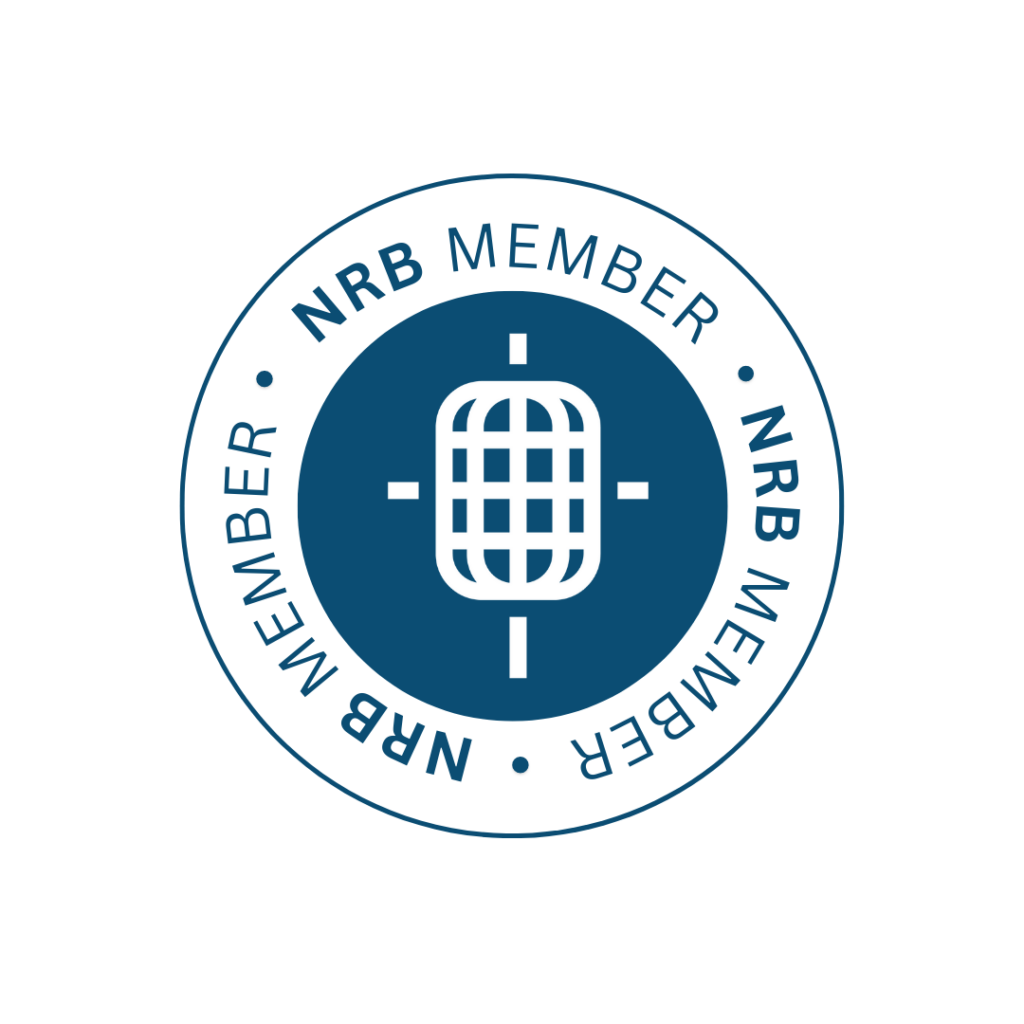Understanding Donor Potential
Chances are at some point in your fundraising career, you will question your communication plan for “major donors.” And while Douglas Shaw and Associates is not a major gifts consulting firm, we are often invited into conversations as an organization in defining the “boundaries” between direct response communications and individual, major gift cultivation. We have found that the best results occur when all donor communications are integrated and working together to lift the giving levels of every supporter.
As we head into the busiest time of year for giving—particularly for major gifts, and especially during this unusual year we are ending—keep in mind these key points in communications with your major donors:
- Don’t pigeonhole your key supporters. Many of your most valuable supporters first gave through either direct mail or digital acquisition efforts, so don’t change the communication rules on them as their giving level increases. Instead, look for opportunities to enhance your communications with them. Add a handwritten note on the letter; put a post-it note on the newsletter; give them a call to see how they are faring . . . there are many opportunities to develop and build relationships—just don’t remove or replace their preferred method of communication.
- Don’t limit their opportunities. Trying to determine what communication your closest supporters shouldn’t receive is the wrong debate. Instead, be intentional about what you are asking for. Create an opportunity for people to give at an extraordinary level. Think of direct response as being for your major donors—you should write to your best donors and let the lower value donors benefit from that. If your communication is not good enough to send to your top value donors, then you really shouldn’t be sending it to any value donor.
- Don’t say ‘no’ for your supporters. If you have a special match opportunity, you don’t want your major donors to hear about it through the grapevine and not directly from you. Include them in the direct mail and email pieces announcing it. Then, follow-up with the additional personal touch. When you do this, you’ll find that you are not only creating better relationships, you are raising more overall income.
Direct response is a powerful tool, so don’t relegate it solely to a lower value segment of your supporters. Every donor is valuable. While some may give more, you should strive to treat everyone as a major donor. Invite people to support your cause by making it about them. The organizations that have a broad-base of support—who involve people in the cause through their financial stewardship decisions—are the organizations that are thriving during this time.
Related articles
-

More Than Just Work
As a young Christian professional navigating the conundrum of aligning my beliefs into a purposeful career, I’ve been blessed to…
-

What to Think of Artificial Intelligence and Its Impact on Fundraising . . .
In trying to summon an image to represent our theme for this issue of Donor Focus, I found myself drawn…







